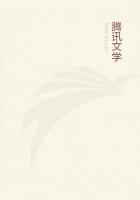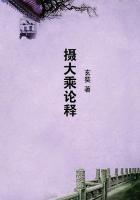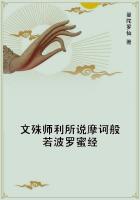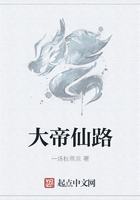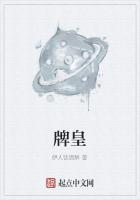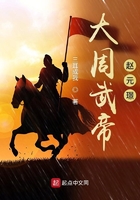But what am I saying? May evil befall me, if I blame the poor creatures! Oh! let us not despise those generous souls, who in the excitement of their patriotism are always prompt to identify the voice of their chiefs with the truth. Let us encourage rather their simple credulity, enlighten complacently and tenderly their precious sincerity, and reserve our shafts for those vain-glorious spirits who are always admiring their genius, and, in different tongues, caressing the people in order to govern them.
These considerations alone oblige me to reply to the strange and superficial conclusions of the "Journal du Peuple" (issue of Oct.
11, 1840), on the question of property. I leave, therefore, the journalist to address myself only to his readers. I hope that the self-love of the writer will not be offended, if, in the presence of the masses, I ignore an individual.
You say, proletaires of the "Peuple," "For the very reason that men and things exist, there always will be men who will possess things; nothing, therefore, can destroy property."In speaking thus, you unconsciously argue exactly after the manner of M. Cousin, who always reasons from _possession_ to PROPERTY. This coincidence, however, does not surprise me. M.
Cousin is a philosopher of much mind, and you, proletaires, have still more. Certainly it is honorable, even for a philosopher, to be your companion in error.
Originally, the word PROPERTY was synonymous with PROPER or INDIVIDUAL POSSESSION. It designated each individual's special right to the use of a thing. But when this right of use, inert (if I may say so) as it was with regard to the other usufructuaries, became active and paramount,--that is, when the usufructuary converted his right to personally use the thing into the right to use it by his neighbor's labor,--then property changed its nature, and its idea became complex. The legists knew this very well, but instead of opposing, as they ought, this accumulation of profits, they accepted and sanctioned the whole.
And as the right of farm-rent necessarily implies the right of use,--in other words, as the right to cultivate land by the labor of a slave supposes one's power to cultivate it himself, according to the principle that the greater includes the less,--the name property was reserved to designate this double right, and that of possession was adopted to designate the right of use.
Whence property came to be called the perfect right, the right of domain, the eminent right, the heroic or _quiritaire_ right,--in Latin, _jus perfectum, jus optimum, jus quiritarium, jus dominii_,--while possession became assimilated to farm-rent.
Now, that individual possession exists of right, or, better, from natural necessity, all philosophers admit, and can easily e demonstrated; but when, in imitation of M. Cousin, we assume it to be the basis of the domain of property, we fall into the sophism called _sophisma amphiboliae vel ambiguitatis_, which consists in changing the meaning by a verbal equivocation.
People often think themselves very profound, because, by the aid of expressions of extreme generality, they appear to rise to the height of absolute ideas, and thus deceive inexperienced minds;and, what is worse, this is commonly called EXAMININGABSTRACTIONS. But the abstraction formed by the comparison of identical facts is one thing, while that which is deduced from different acceptations of the same term is quite another. The first gives the universal idea, the axiom, the law; the second indicates the order of generation of ideas. All our errors arise from the constant confusion of these two kinds of abstractions.
In this particular, languages and philosophies are alike deficient. The less common an idiom is, and the more obscure its terms, the more prolific is it as a source of error: a philosopher is sophistical in proportion to his ignorance of any method of neutralizing this imperfection in language. If the art of correcting the errors of speech by scientific methods is ever discovered, then philosophy will have found its criterion of certainty.
Now, then, the difference between property and possession being well established, and it being settled that the former, for the reasons which I have just given, must necessarily disappear, is it best, for the slight advantage of restoring an etymology, to retain the word PROPERTY? My opinion is that it would be very unwise to do so, and I will tell why. I quote from the "Journal du Peuple:"--"To the legislative power belongs the right to regulate property, to prescribe the conditions of acquiring, possessing, and transmitting it. . . It cannot be denied that inheritance, assessment, commerce, industry, labor, and wages require the most important modifications."You wish, proletaires, to REGULATE PROPERTY; that is, you wish to destroy it and reduce it to the right of possession. For to regulate property without the consent of the proprietors is to deny the right OF DOMAIN; to associate employees with proprietors is to destroy the EMINENT right; to suppress or even reduce farm-rent, house-rent, revenue, and increase generally, is to annihilate PERFECT property. Why, then, while laboring with such laudable enthusiasm for the establishment of equality, should you retain an expression whose equivocal meaning will always be an obstacle in the way of your success?
There you have the first reason--a wholly philosophical one--for rejecting not only the thing, but the name, property. Here now is the political, the highest reason.

